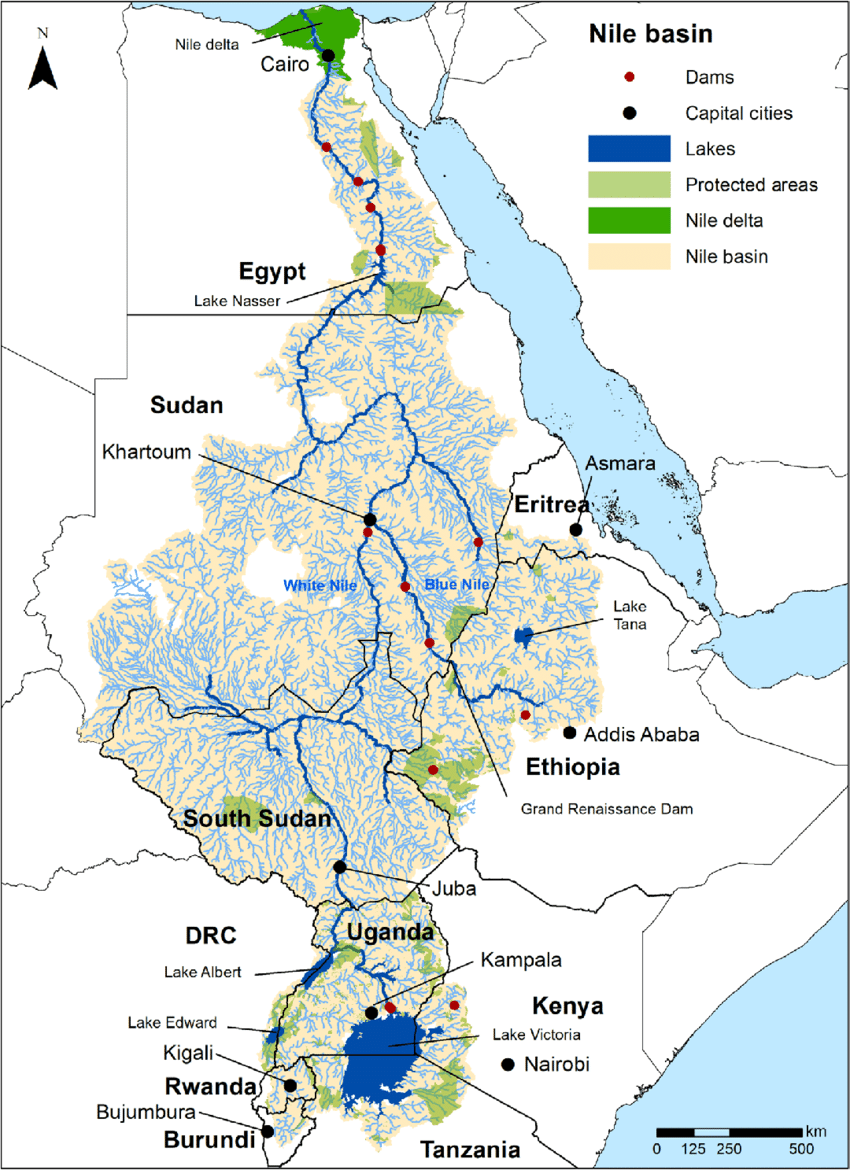The dispute over the Grand Ethiopian Renaissance Dam remains a central source of tension among Egypt, Sudan, and Ethiopia, with implications for food and water security. While unilateral moves and trust deficits fuel anxiety, the crisis also holds potential for structured cooperation. Transparent data sharing, jointly agreed filling and operation protocols, and benefit-sharing frameworks could transform a flashpoint into a platform for basin-wide management. A sustained diplomatic track coupled with technical confidence-building (e.g., shared hydrological modeling) is essential to prevent escalation and to explore collaborative development in the Nile watershed.
Search
© 2025 مركز الشؤون العربية للدراسات الاستراتيجية. جميع الحقوق محفوظة.










